目录
快速导航-

Culture | 数字仅仅是数字吗?
Culture | 数字仅仅是数字吗?
-

Animals | 最快、最大和最聪明的动物
Animals | 最快、最大和最聪明的动物
-

Chinese Elements | 文房四宝
Chinese Elements | 文房四宝
-

Chinese Elements | 围棋,一种古老而充满智慧的游戏
Chinese Elements | 围棋,一种古老而充满智慧的游戏
-
Teachers‘Forum | 初中英语教材内容更新与学生语言学习兴趣的关系分析江苏省淮阴中学开明分校
Teachers‘Forum | 初中英语教材内容更新与学生语言学习兴趣的关系分析江苏省淮阴中学开明分校
-

Learning and Exercises | StarterUnit 1 Hello!
Learning and Exercises | StarterUnit 1 Hello!
-

Learning and Exercises | Starter Unit 2 keepTidy!
Learning and Exercises | Starter Unit 2 keepTidy!
-

Learning and Exercises | StarterUnit 3 Welcome!
Learning and Exercises | StarterUnit 3 Welcome!
-

Learning and Exercises | Unit 1 You andMe
Learning and Exercises | Unit 1 You andMe
-

Learning and Exercises | Unit 2 We'reFamily!
Learning and Exercises | Unit 2 We'reFamily!
-

Learning and Exercises | Unit 3 MySchool
Learning and Exercises | Unit 3 MySchool
-

Learning and Exercises | Unit 4 MyFavouriteSubject
Learning and Exercises | Unit 4 MyFavouriteSubject
-

Learning and Exercises | Unit 5 Fun Clubs
Learning and Exercises | Unit 5 Fun Clubs
-

Learning and Exercises | Unit6 ADayintheLife
Learning and Exercises | Unit6 ADayintheLife
-

Learning and Exercises | Unit 7 HappyBirthday!
Learning and Exercises | Unit 7 HappyBirthday!
-

Learning and Exercises | Keys
Learning and Exercises | Keys
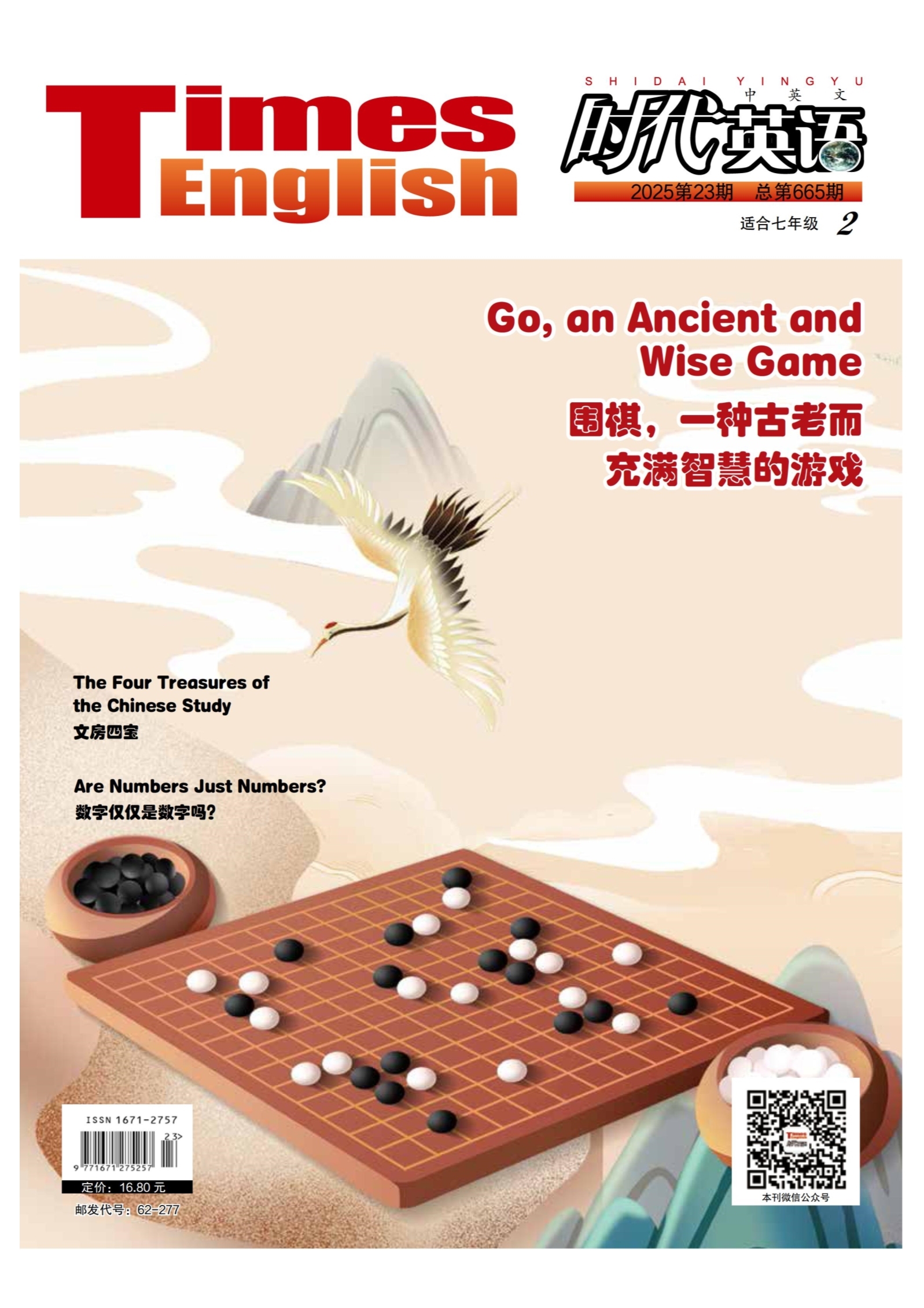

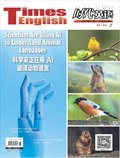
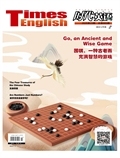



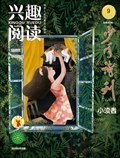
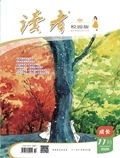
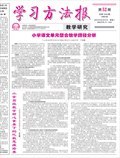
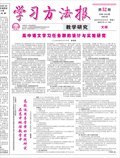
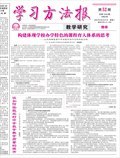
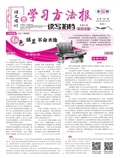
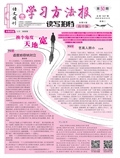


 登录
登录